Heartbreak is a universal experience that seems to bring out the primal in us. You know the feeling—it’s raw, visceral, and sometimes unbearable. And while humans have penned operas and novels about this emotional turmoil, there’s something wolf-like in our behavior when we’re truly heartbroken. It’s as if we tap into an ancient, instinctual part of ourselves, even if we’re unaware of it. So, let’s explore the lupine ways we navigate the emotional wilderness of heartbreak.
1. Howling At The Moon
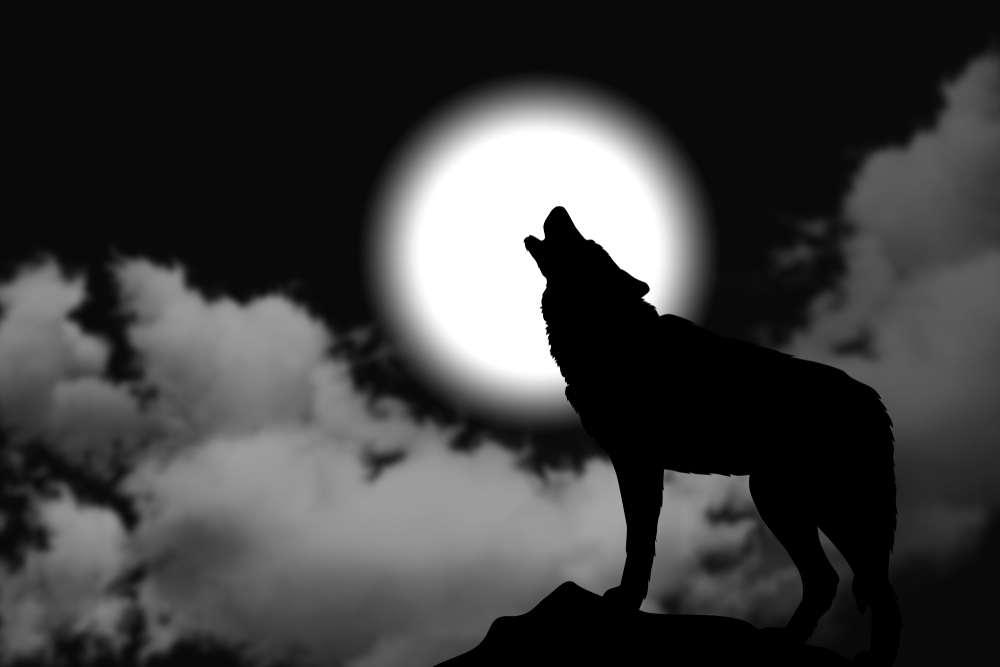
Have you ever caught yourself crying out into the night, hoping for some cosmic relief? That might be your inner wolf, howling at the moon. This nocturnal lament is more than just metaphorical; it’s a desperate call to the universe to ease your suffering. Clinical psychologist Dr. Lauren Hazzouri notes that expressing emotions vocally can actually help regulate feelings, providing a cathartic release from emotional turmoil.
In the wild, wolves howl to communicate with their pack, especially when they’re separated. Similarly, your cries into the void might be an unconscious attempt to reconnect with those who offer emotional support. You’re seeking that sense of belonging, that assurance that you’re not alone in this vast, lonely world. And like wolves, you know that if you howl loud enough, someone might hear and respond.
2. Retreating Into Solitude
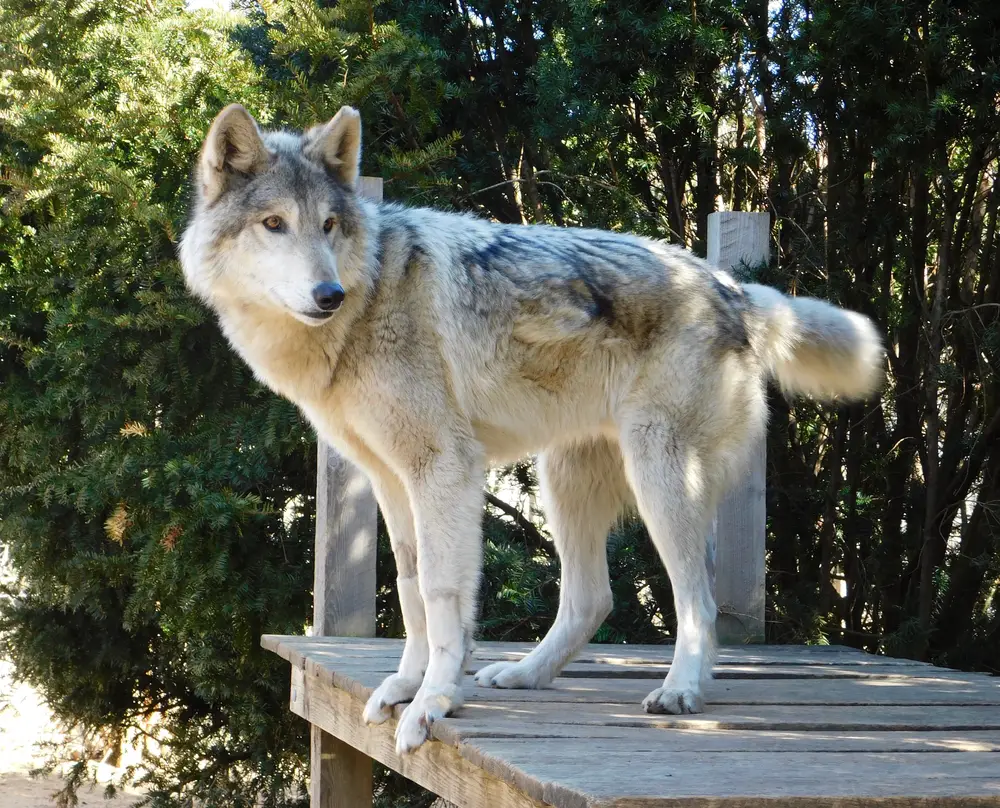
When heartbroken, you might find yourself craving solitude, retreating from social interactions as you lick your emotional wounds. This isn’t just a tendency to wallow in self-pity; it’s a deep-seated instinct to withdraw and protect yourself from further harm. Much like wolves who retreat to their dens when injured or stressed, your isolation is a sanctuary—a place where you can process your feelings without external pressure.
This withdrawal serves a dual purpose: protection and introspection. By stepping back from the world, you’re giving yourself the mental space to deal with the emotional fallout. It’s a time to reflect, to understand the intricacies of what went wrong, and to begin the process of emotional recovery. In the solitude, you might just find the clarity you need to move forward.
3. Forming New Alliances

After heartbreak, there’s often a reshuffling of your social circle, as if you’re instinctively seeking a new pack to run with. This phenomenon isn’t just about replacing the person you lost; it’s about finding new sources of emotional support. According to research by anthropologist Robin Dunbar, expanding your social network can help mitigate feelings of loneliness and isolation following a breakup.
In the wild, wolves are known to form new alliances to ensure survival, especially when separated from their original pack. Likewise, you may find yourself gravitating towards new friendships or rekindling old ones. These relationships offer fresh perspectives and a vital sense of community—something that becomes incredibly important when you’re navigating the emotional upheaval of a broken heart. They become your new pack, providing comfort and camaraderie.
4. Clinging To Rituals
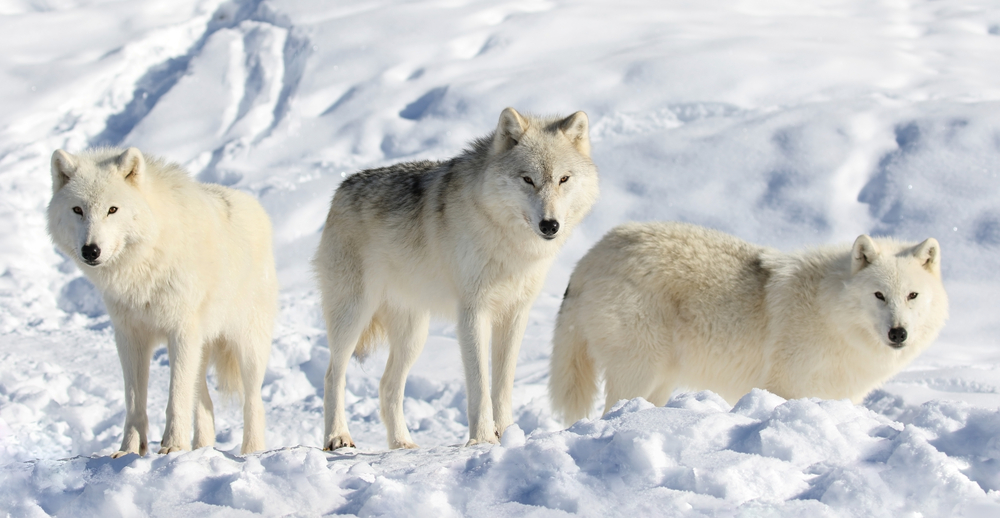
Wolves are creatures of habit, relying on established patterns to navigate their world effectively. When heartbroken, you may also find solace in routines, creating rituals that offer a semblance of stability amidst emotional chaos. Whether it’s a daily walk, a comforting playlist, or a weekly dinner with friends, these rituals serve as anchors, grounding you in a reality that seems otherwise adrift.
These habits aren’t just about maintaining normalcy; they’re acts of self-preservation. By adhering to a routine, you’re reclaiming a sense of control over your life, which often feels shattered in the wake of heartbreak. These rituals become your guideposts, helping you navigate the complex emotional landscape with a little more certainty. In doing so, you forge a path back to emotional equilibrium.
5. Displaying Vulnerability

Just as wolves expose their bellies to show submission, heartbreak tends to lay bare your vulnerabilities. It strips away the layers of emotional armor you’ve constructed, revealing the raw, unguarded self beneath. Interestingly, expressing vulnerability can be a powerful form of strength, as noted by social researcher Brené Brown. Her studies suggest that embracing vulnerability can forge deeper connections with others.
In this state of openness, you’re more receptive to genuine empathy and understanding from those around you. Your vulnerability becomes a bridge, allowing others to connect with your authentic self. This exposure might feel terrifying, but it also holds the potential for profound healing and growth. Like wolves, your willingness to show vulnerability can lead to stronger, more meaningful bonds with your newfound pack.
6. Navigating The Wild Terrain Of Emotions
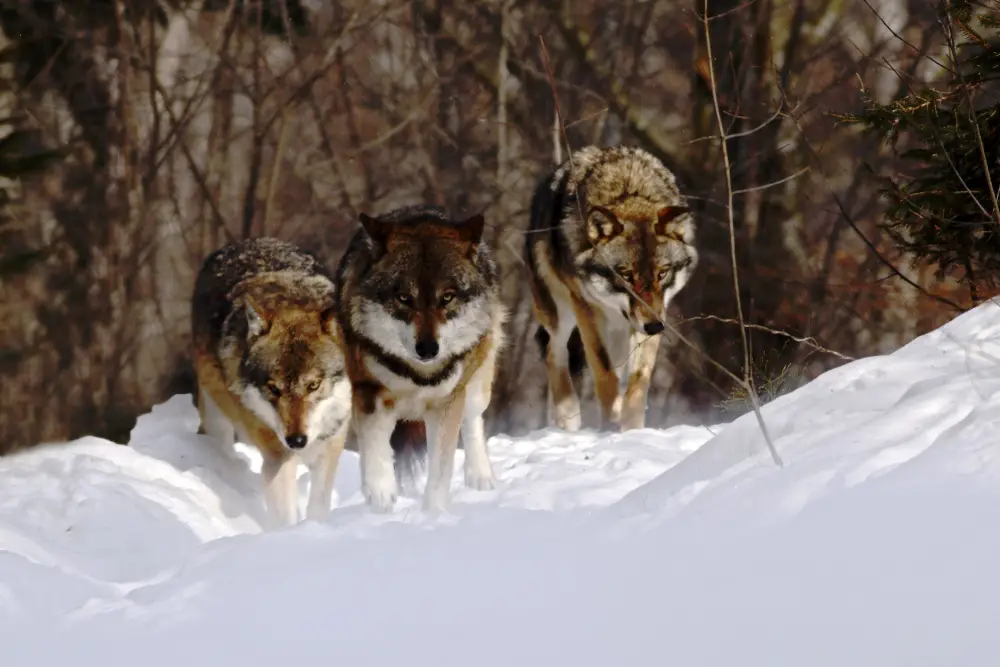
Heartbreak is a complex emotional landscape, much like the untamed wilderness that wolves traverse daily. You find yourself navigating a tangled forest of feelings—anger, sadness, nostalgia, and even relief. Each step forward can feel uncertain, as if you’re crossing a precarious terrain without a map. In this emotional wilderness, you become both explorer and cartographer, charting a course through uncharted territory.
Just as wolves rely on their instincts to survive, you too must trust your emotional compass. It’s a journey of self-discovery, where the only way out is through. Every emotion you encounter adds another layer to your evolving map of the heart. And as you traverse this wild emotional terrain, you slowly but surely find your way back to yourself.
7. Hunting For Closure
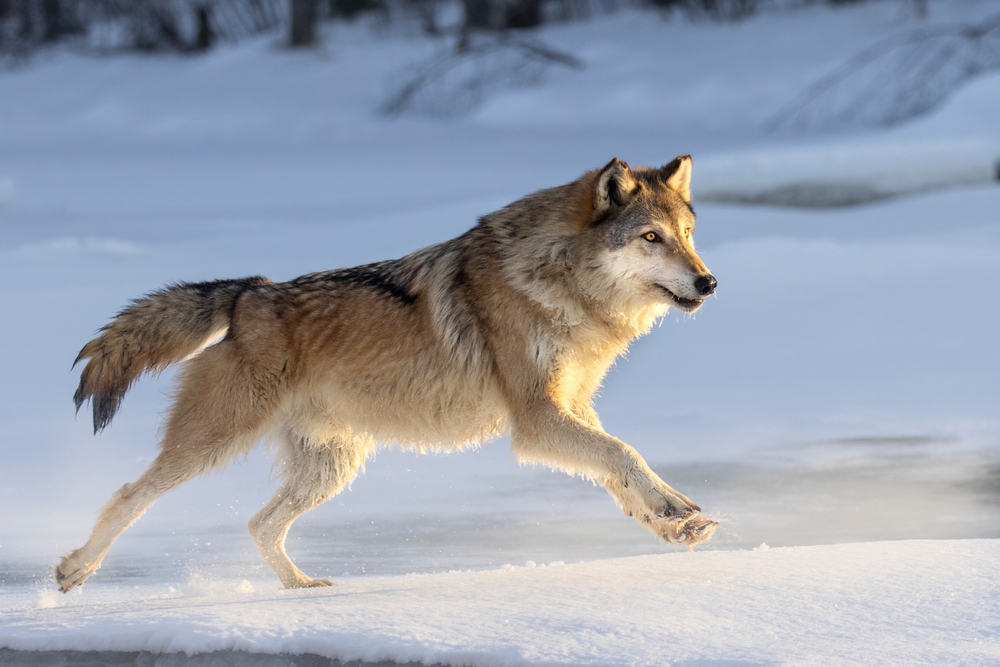
The quest for closure often becomes as relentless as a wolf’s hunt for prey. You find yourself dissecting every detail, every conversation, in search of answers that might never come. This relentless pursuit is driven by the human need to make sense of loss, as noted by psychologist Dr. Heidi Grant Halvorson, who emphasizes that understanding a breakup can facilitate emotional healing.
In the wild, a wolf’s hunt is not just about sustenance but survival. Similarly, your quest for closure is about finding the emotional sustenance needed to move forward. It’s a process of piecing together the puzzle of your heartache, seeking to understand the “why” and “how” of it all. And while closure might remain elusive, the pursuit itself can sometimes bring a measure of peace.
8. Displaying Fierce Loyalty
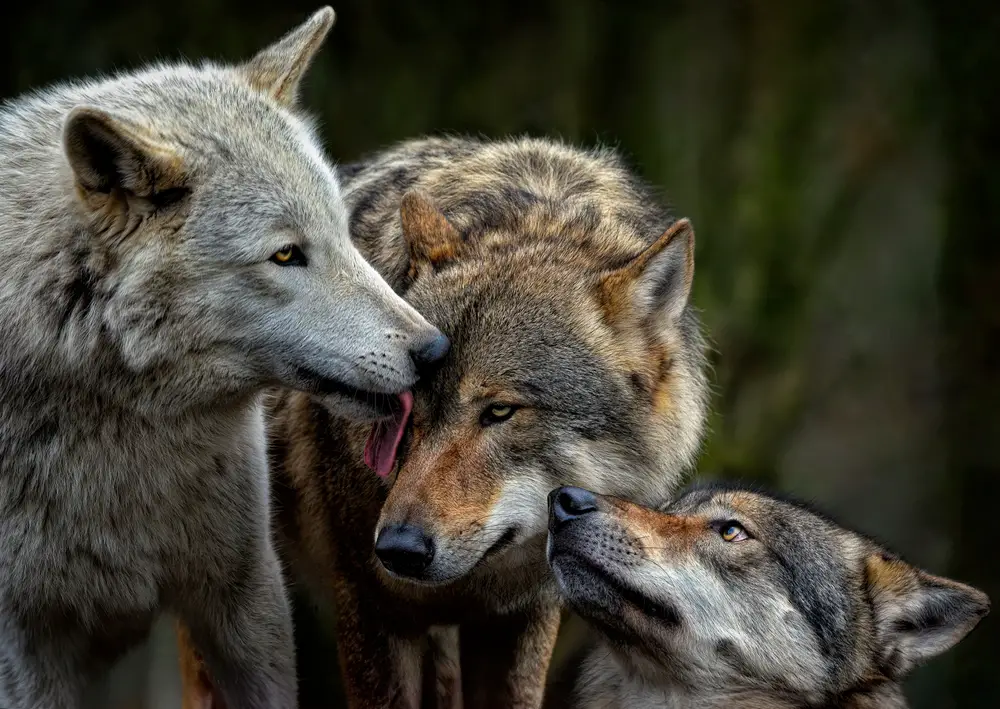
Even after a relationship ends, the fierce loyalty you once felt can linger, much like a wolf’s unwavering dedication to its pack. This loyalty isn’t easily severed, as emotional bonds have a way of leaving lasting imprints. You might find yourself defending your ex, clinging to shared memories, or holding onto ideals of what could have been.
Loyalty, in this context, isn’t just about attachment; it’s a testament to your capacity for deep emotional connection. It reveals your willingness to risk your heart, to invest wholly in another, despite the potential for pain. And while this loyalty might initially hinder your healing, it also underscores the depth of love you’re capable of. In time, this realization allows you to channel your loyalty toward yourself and those who truly uplift you.
9. Marking Emotional Territory
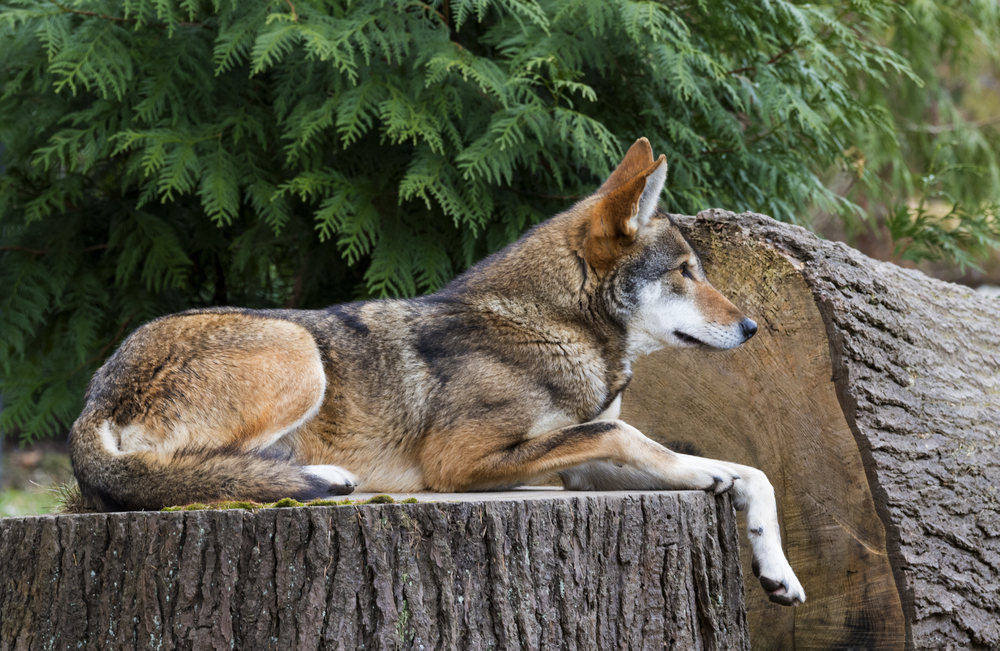
Wolves mark their territory to signal boundaries and establish a sense of ownership. Similarly, when heartbroken, you might find yourself marking emotional territory by asserting boundaries with your ex or reclaiming aspects of your life that felt lost in the relationship. It’s an instinctual act of self-preservation, a way to protect your heart from further harm.
These boundaries serve as emotional fortifications, allowing you to navigate the post-breakup landscape with a renewed sense of agency. By marking your emotional territory, you’re signaling to yourself and others that you’re ready to prioritize your well-being. It’s a form of emotional self-care, a reminder that you deserve to occupy your own space. And as you establish these boundaries, you lay the groundwork for healing and growth.
10. Wearing Emotional Scars
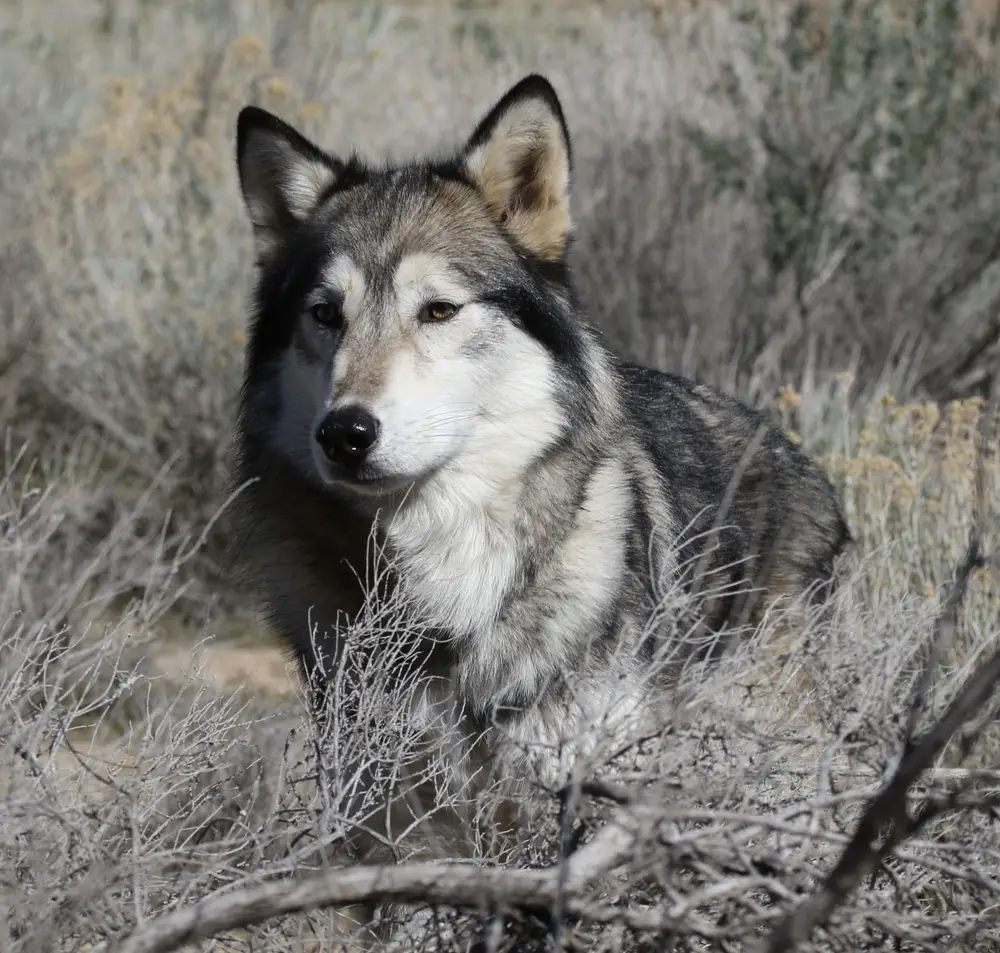
Wolves carry their scars with them, physical reminders of battles fought and survived. When heartbroken, you, too, wear your emotional scars, visible or not, as a testament to your resilience. These scars are not just reminders of pain; they’re symbols of strength, evidence that you’ve endured and emerged on the other side.
Emotional scars can shape the way you approach future relationships, offering lessons in vulnerability and trust. They remind you of your capacity to love deeply and the importance of protecting your heart. Over time, these scars become a part of your story, a narrative of growth and healing. And like wolves, you carry these scars with pride, knowing that each one has made you stronger.
11. Facing The Unknown With Courage
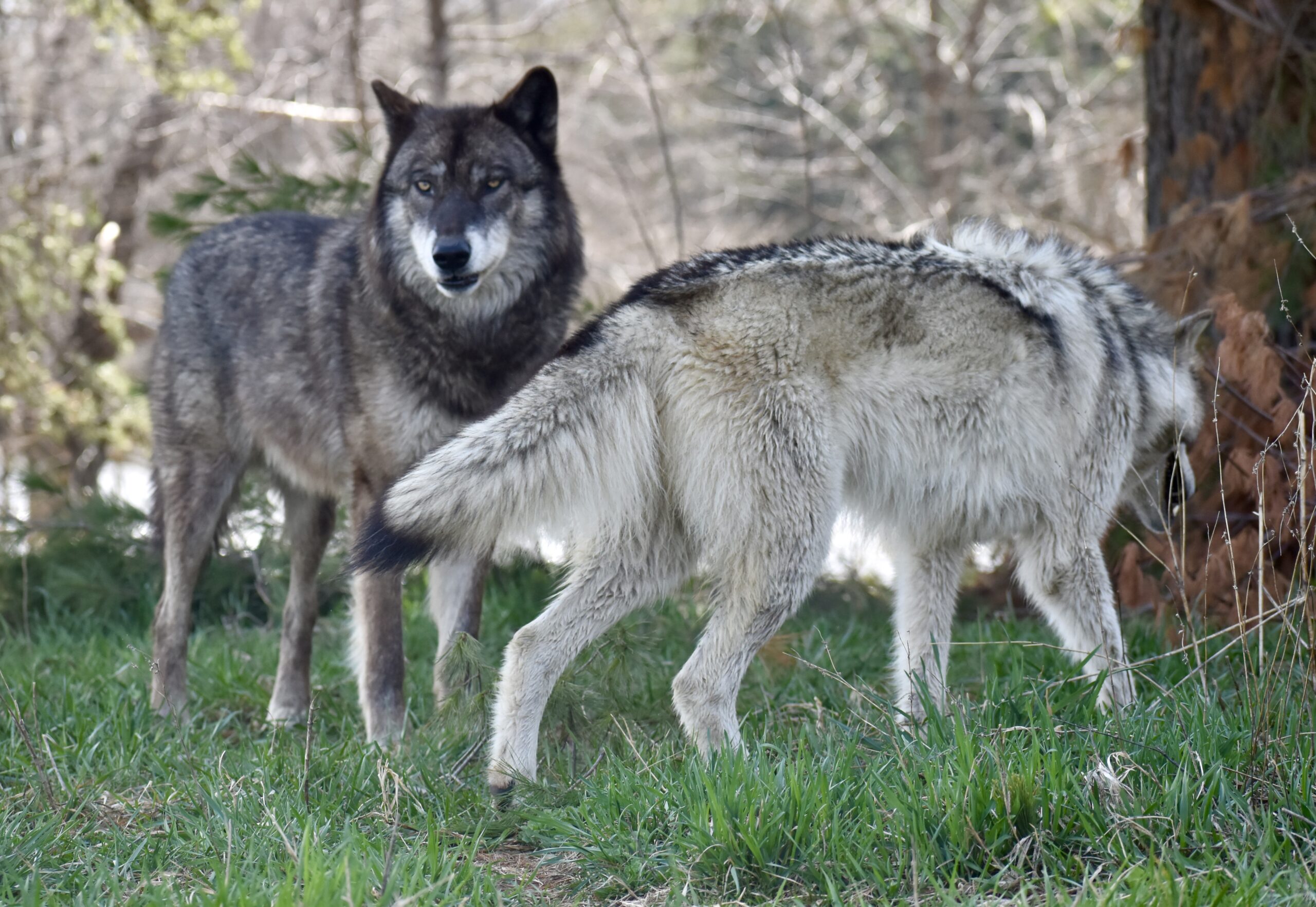
Heartbreak thrusts you into the unknown, a territory as uncertain as the untamed wilderness. Yet, like wolves facing new challenges, you muster the courage to confront this new reality head-on. It’s not about the absence of fear, but the willingness to move forward despite it. You learn to embrace the uncertainty, understanding that it’s an integral part of the healing process.
This courage is rooted in resilience, the ability to adapt and persevere even when the path is unclear. It empowers you to take steps toward rebuilding, toward rediscovering who you are beyond the confines of a broken relationship. And as you venture into this uncharted territory, you begin to see the promise and possibility that lie beyond the heartbreak. In facing the unknown, you find the strength to write your own narrative.
12. Navigating Pack Dynamics
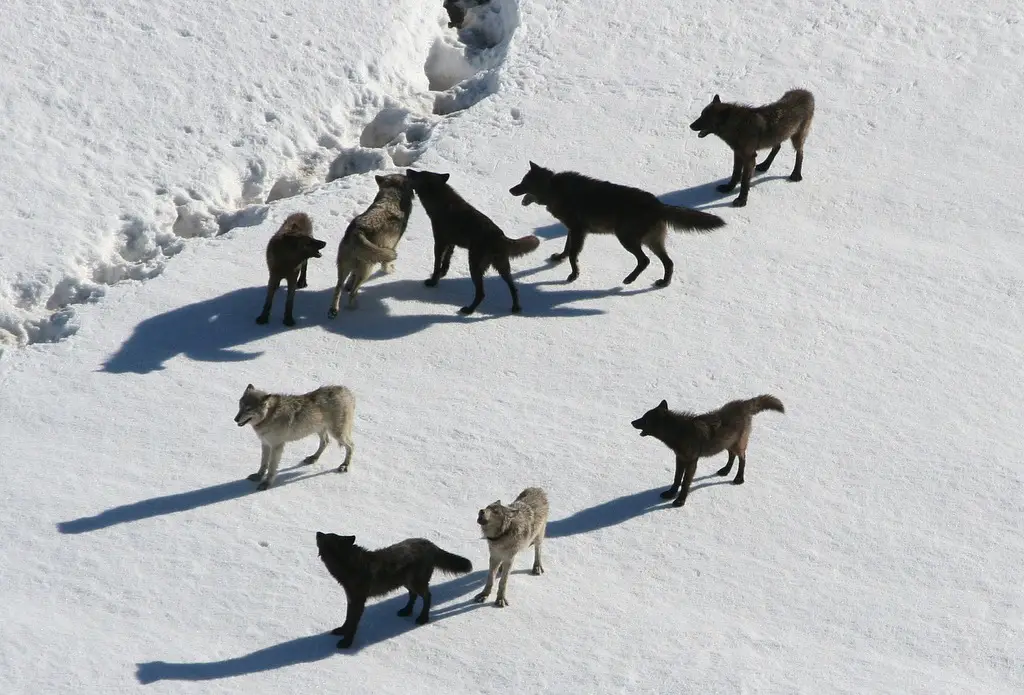
In the aftermath of heartbreak, social dynamics can shift, much like the complex social structure of a wolf pack. You may find yourself renegotiating relationships and redefining roles among your friends and loved ones. This process involves understanding and navigating the intricate web of connections that form your support system.
Like wolves, who rely on the strength of the pack, you lean on your community to guide you through the emotional wilderness. These relationships become crucial lifelines, offering different perspectives and shared experiences. By understanding and respecting these dynamics, you cultivate a network of support that bolsters your resilience. And in doing so, you discover the strength that comes from being part of a cohesive, caring pack.
13. Embracing Change
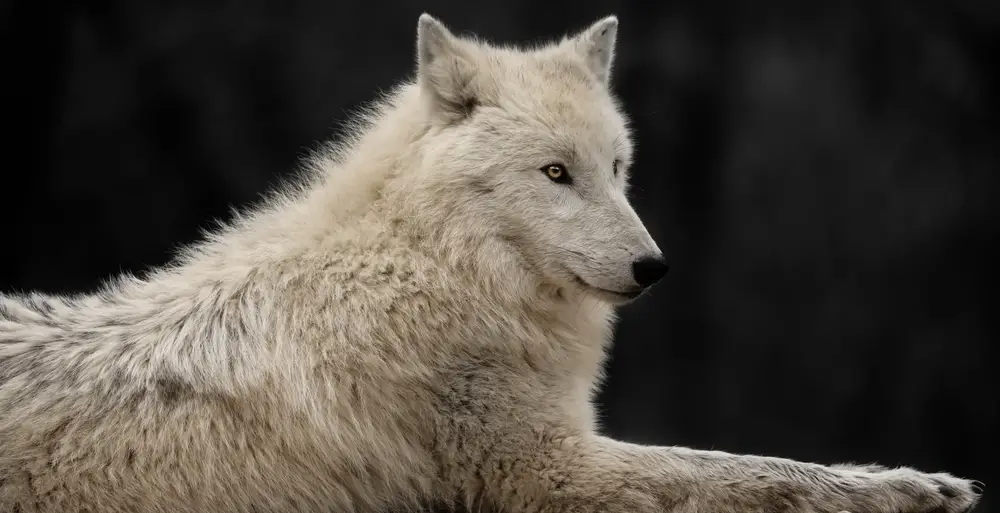
Change is inevitable in the wake of heartbreak, much like the ever-evolving dynamics of a wolf pack. You find yourself confronting a new reality, where old patterns and routines are no longer viable. This change can be unsettling, but it’s also an opportunity for transformation, a chance to redefine who you are and who you want to be.
Embracing change requires letting go of what no longer serves you, releasing the past to make room for something new. It’s about adapting to your new circumstances with grace and resilience, trusting that this period of upheaval is a stepping stone to growth. By embracing change, you open yourself up to new possibilities, crafting a future that aligns with your true desires. And in doing so, you emerge stronger, ready to face the world anew.
14. Howling In Unison
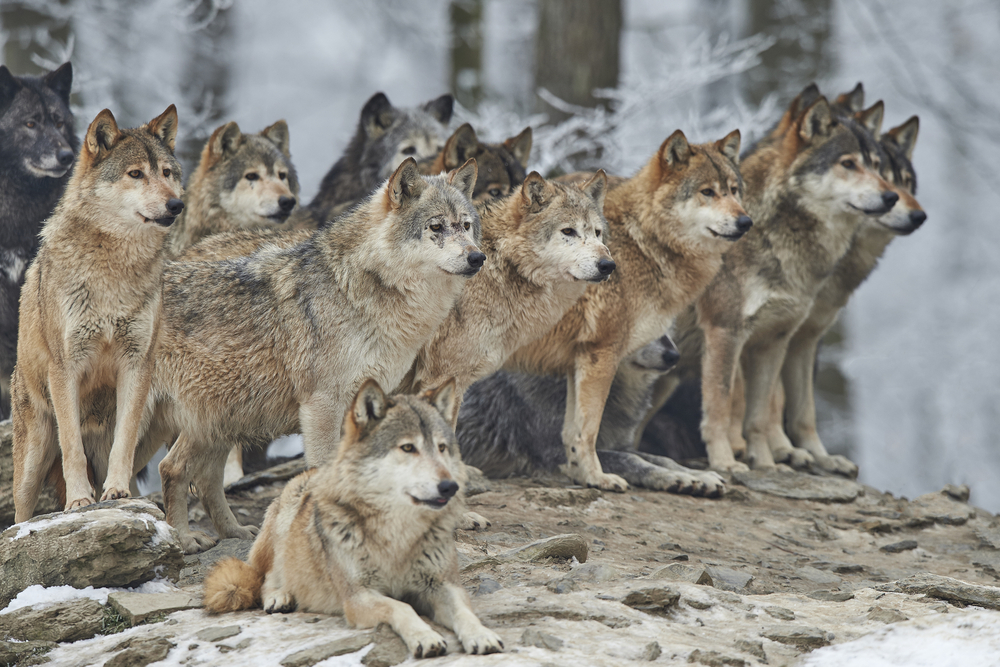
In the end, heartbreak is a shared human experience, much like the collective howl of a wolf pack echoing through the night. You find solace in the knowledge that you’re not alone, that others have traversed this emotional wilderness and emerged stronger. This shared experience creates a bond, a sense of unity among those who have loved and lost.
By howling in unison with fellow heartbroken souls, you tap into a reservoir of collective strength. It’s a reminder that your pain and resilience are part of a greater tapestry of human experience. And as you join this collective howl, you find comfort in the knowledge that, together, you can navigate the complexities of heartbreak. In unity, you discover the power to heal and the courage to love again.
